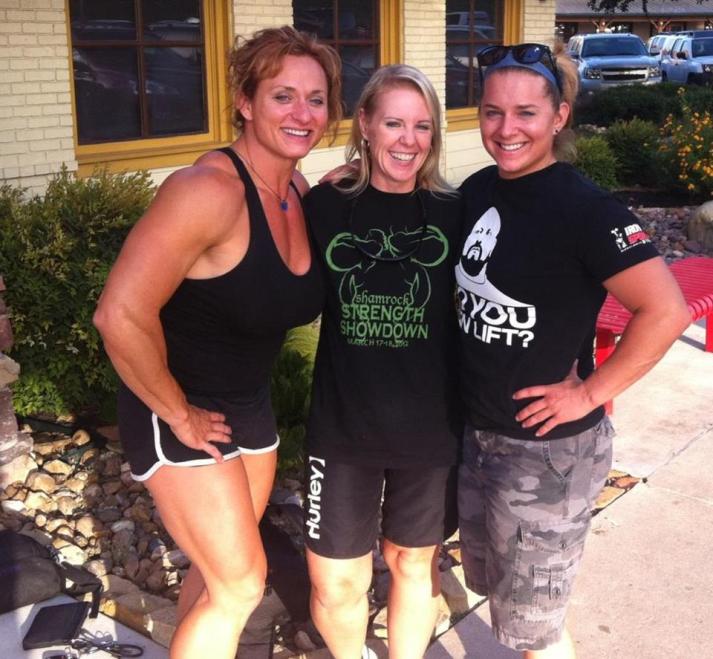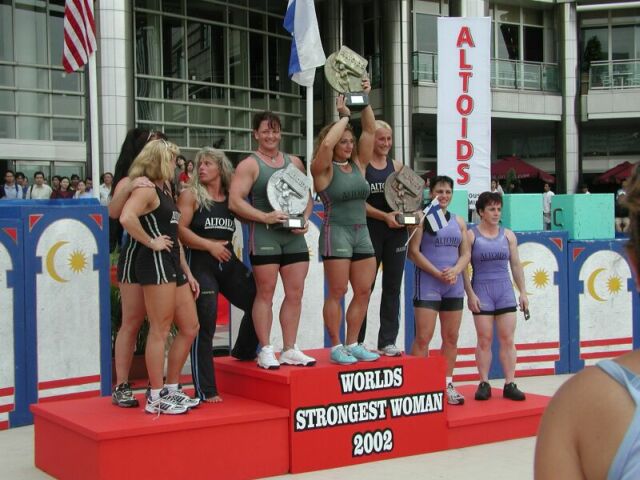 The greatest thing in life is finding someone who knows all about you and your mistakes, and still see’s the best in you ~ unknown
The greatest thing in life is finding someone who knows all about you and your mistakes, and still see’s the best in you ~ unknown
Of utmost importance…you must be able to trust your coach. Afterall, you are putting your welfare in their hands. Find someone who you click with and if you decide to hire them, it is very important to do 100% of what they prescribe. If you can not for some reason it is important to immediately communicate any complications so the problem can be identified and progress can continue. Following 50% of any program will give you 50% results ~ Jill Mills
In this article I will explore the purpose of a coach, what exactly should you expect in a coach (specifically relating to long distance coaches), what qualities should you look for in a coach and why I believe that engaging a coach is critical in progressing as an athlete.
Wikipedia defines Coaching, as a teaching, training or development process in which an individual gets support while learning to achieve a specific personal or professional result or goal. (https://en.wikipedia.org/wiki/Coaching)
Further Wikipedia goes on to define a sporting coach as an individual that teaches and supervises, which involves giving directions, instruction and training of the on-field operations of an athlete. The coach may be involved in all the aspects of the sport, including physical and mental player development. The qualities and skills of a coach, as defined by Wikipedia include the ability to;
Pinnacle to this is the assumption that the coach will know more about the sport, and have more previous experience and knowledge than the athlete!!! For me, this also means respecting your coach as not only an athlete but a person….because we all know when you do not have respect for your leader, the relationship is unlikely to last.
So for me, when I decided to take my training to the next level and compete at a world level, a Personal Trainer at the local health club really was  not going to have the skills or experience (as detailed above) to program me into a world class contest. Strongwomen athletes are few and far between especially proven athletes at a world class level, this was why I had to look for a long distance relationship! Also, I value my hard earned dollars and essentially view recruiting a coach as hiring as assistant ~ Ill do the work, they plan the sessions using their expert knowledge and skills ~ I was looking for a proven athlete with a strong proven work ethic. This is what lead me to approached Jill Mills, one of the best strongwomen and powerlifters in the world., knowing that Jill worked with clients one-on-one and from a distance.
not going to have the skills or experience (as detailed above) to program me into a world class contest. Strongwomen athletes are few and far between especially proven athletes at a world class level, this was why I had to look for a long distance relationship! Also, I value my hard earned dollars and essentially view recruiting a coach as hiring as assistant ~ Ill do the work, they plan the sessions using their expert knowledge and skills ~ I was looking for a proven athlete with a strong proven work ethic. This is what lead me to approached Jill Mills, one of the best strongwomen and powerlifters in the world., knowing that Jill worked with clients one-on-one and from a distance.
One-on-one vs Distance Coaching
When speaking of her experiences in working with one-on-one clients, Jill states that “one-on-one is necessary for the majority of people. Most people are extrinsically motivated and need a coach standing over them, hammering them and correcting them. They need a physical presence to be accountable to and to give them on the spot emotional support and encouragement. Beginners also need one-on-one because nothing is more important than developing good technique. A novice lifter can only pick up so much from youtube or a magazine. The role of a physically present coach is essential in the formative years of a young lifter to develop good habits while lifting.”
Jill recommends one-on-one coaching for clients who are:
“A distant coach is ideal for someone who has fairly developed knowledge and technique.” said Jill. “The ideal client for this method is someone who is internally motivated and accountable. The client (and coach) MUST be good communicators. Personal trainers are a dime a dozen but knowledgeable strongwoman coaches are very rare. A client like Sue who has already surpassed the knowledge in strongwoman training of all trainers physically available to her must be open to looking elsewhere for the level of help needed to keep her moving up in the game. ” Jill notes that the most important characteristic of a distant coach is they MUST be easy to communicate with and available to answer your questions. Sometimes it takes multiple methods to get problems sorted out so email, phone, video, and text should all be available to you.
Jill notes that the foundational characteristics of a successful distant coach will include:
Jill recommends distance coaching for clients who:
Jill most certainly exudes these qualities and Jill and I have worked hard on our long distance relationship, it does take some effort on both the athlete and coaches part. I check in with Jill at least once a week to let her know how my numbers are progressing (more often when closer to contest). If Jill does not hear from me, she will send me an email to “check-in”. Our coach/athlete relationship has certainly developed more recently through the use of video calls, video feedback on lifts and events and personal time spent in Columbus, at the Arnold classic.
In addition to Jill, I work one-on-one with a conditioning coach – Simon Colley (Cartel Gym owner – Brisbane, Australia). Essentially, Simon and I  decide on my weaknesses (e.g. foot speed, power, pressing) pre-contest and Simon runs me through a 30 minute session once or twice a week. This pushes me well beyond what I could achieve alone, close to contest and adds variety to my training. I find the mix of one-on-one and strongman/strength programming with Jill the perfect combination for what I am aiming to achieve.
decide on my weaknesses (e.g. foot speed, power, pressing) pre-contest and Simon runs me through a 30 minute session once or twice a week. This pushes me well beyond what I could achieve alone, close to contest and adds variety to my training. I find the mix of one-on-one and strongman/strength programming with Jill the perfect combination for what I am aiming to achieve.
As an athlete, when you are looking to recruit a coach, you need to be clear on your goals and hand pick your coach, after all you will be paying for their services. Ask questions, research and make sure that it is a relationship that has the potential to last!
My advice is do not be sceptical or scared to look far and wide for your perfect match ~ distance is but an obstacle that CAN and WILL be overcome by technology and a coach who is committed to supporting you to the end, in achieving your goals.
“Distance is not for the fearful, it is for the bold. It’s for those who are willing to spend a lot of time alone in exchange for a little time with the one they love (or their coach….). It’s for those knowing a good thing when they see it, even if they don’t see it nearly enough…” ~ Unknown
Subscribe to RxMuscle on Youtube